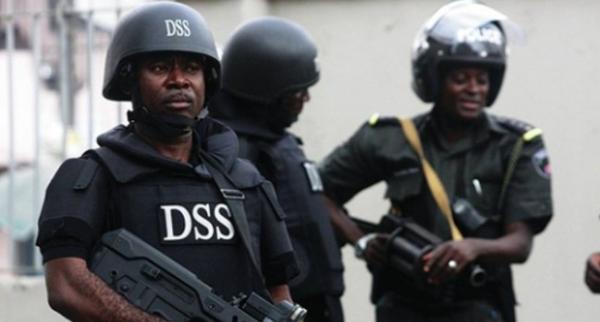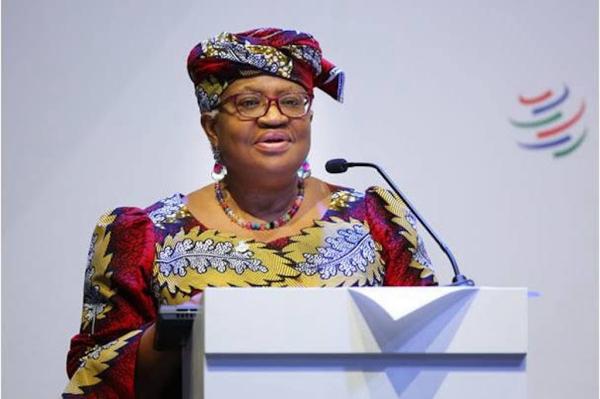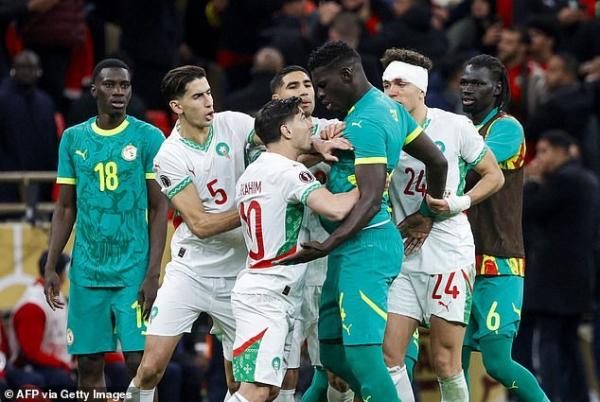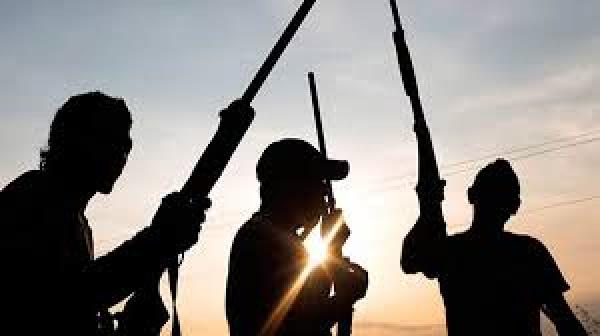
The commercial city of Onitsha and the industrial town of Nnewi in Anambra State were completely shut down on Monday as residents observed the #FreeNnamdiKanu protest taking place in Abuja.
Meanwhile, Mondays have long been observed as sit-at-home days in the Southeast due to earlier directives by pro-Biafra groups, today’s total lockdown was remarkably different. Residents willingly stayed off the roads in solidarity with the ongoing protest for the release of the detained IPOB leader, Mazi Nnamdi Kanu.
Unlike previous Mondays when limited movements were seen despite the unofficial sit-at-home, there was a total absence of human and vehicular activity. The major highways — Onitsha-Enugu, Onitsha-Asaba (Niger Bridge), and Onitsha-Owerri — were deserted, including the usually busy streets within the towns.
Banks, schools, hospitals, and government offices were closed, while roadside shops and markets also remained locked. Even youths, who are typically seen playing football and other games on the streets during sit-at-home days, were nowhere in sight.
Popular fast-food outlets such as Chicken Republic, Crunchies, and Chillis Foods, which usually operate on Mondays, also shut their doors to customers.
Although no physical protests took place in Onitsha and Nnewi — reportedly due to the heavy presence of soldiers and military vehicles in Onitsha on Sunday — residents chose to remain indoors.
A youth identified as Ebuka Ikechukwu said, “We in Anambra would have loved to join the protest, but no instruction came from any group or leader here. Maybe they see it as an Abuja affair. I’m disappointed that no Igbo group has spoken in support of the movement for Mazi Nnamdi Kanu’s release.”
However, a viral video circulating in Onitsha showed three young men, including one dressed like a priest, praising activist Omoyele Sowore and his group for championing the #FreeNnamdiKanu cause.
In the video, they commended Sowore for showing courage where Igbo political leaders, governors, bishops, and traditional rulers had remained silent. The youths accused Igbo elites of being more interested in politics and personal gain than in defending the interests of Ndigbo, describing Sowore’s effort as “a wake-up call and a shame to those who should have acted long ago.”






















